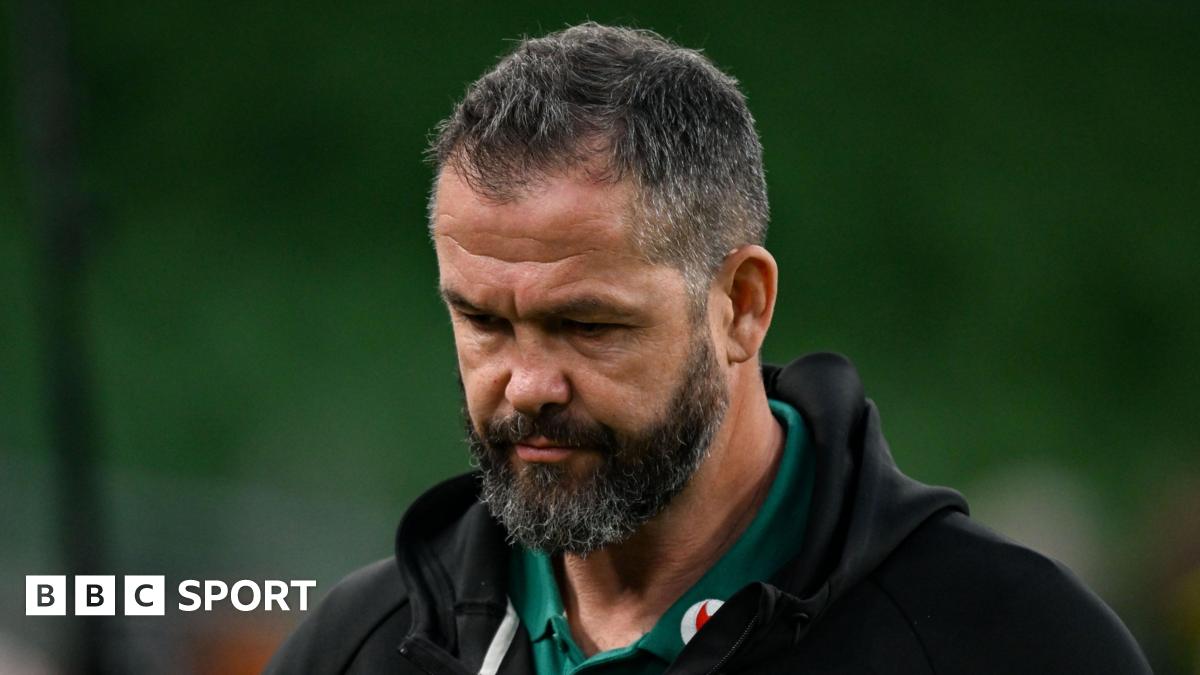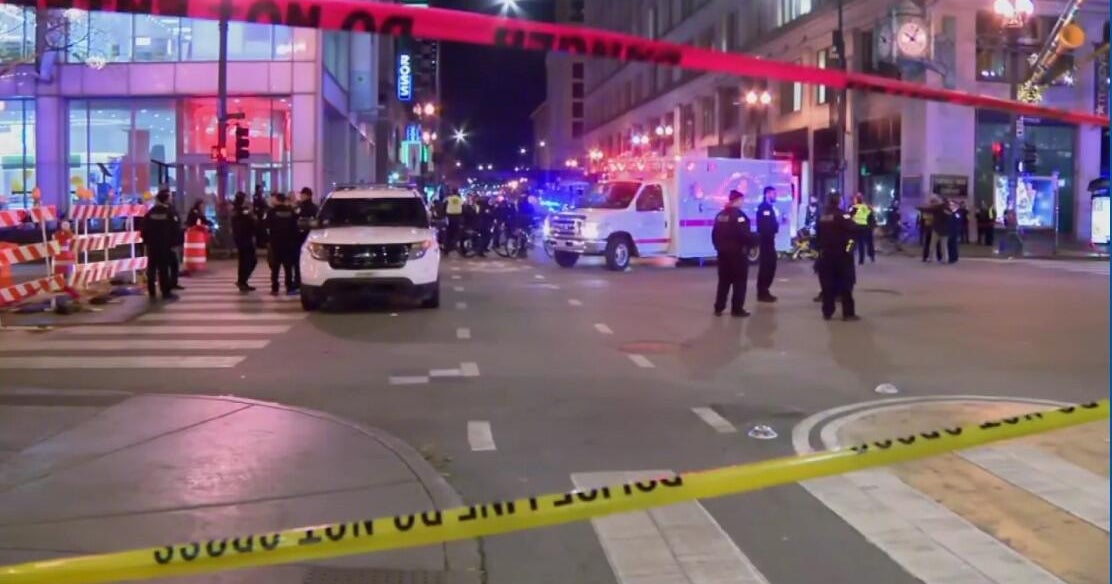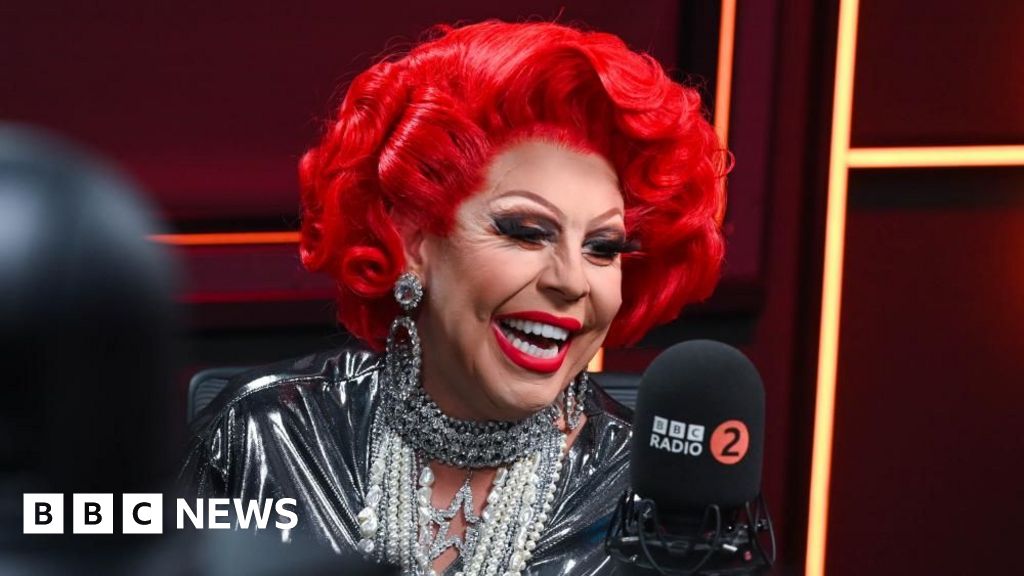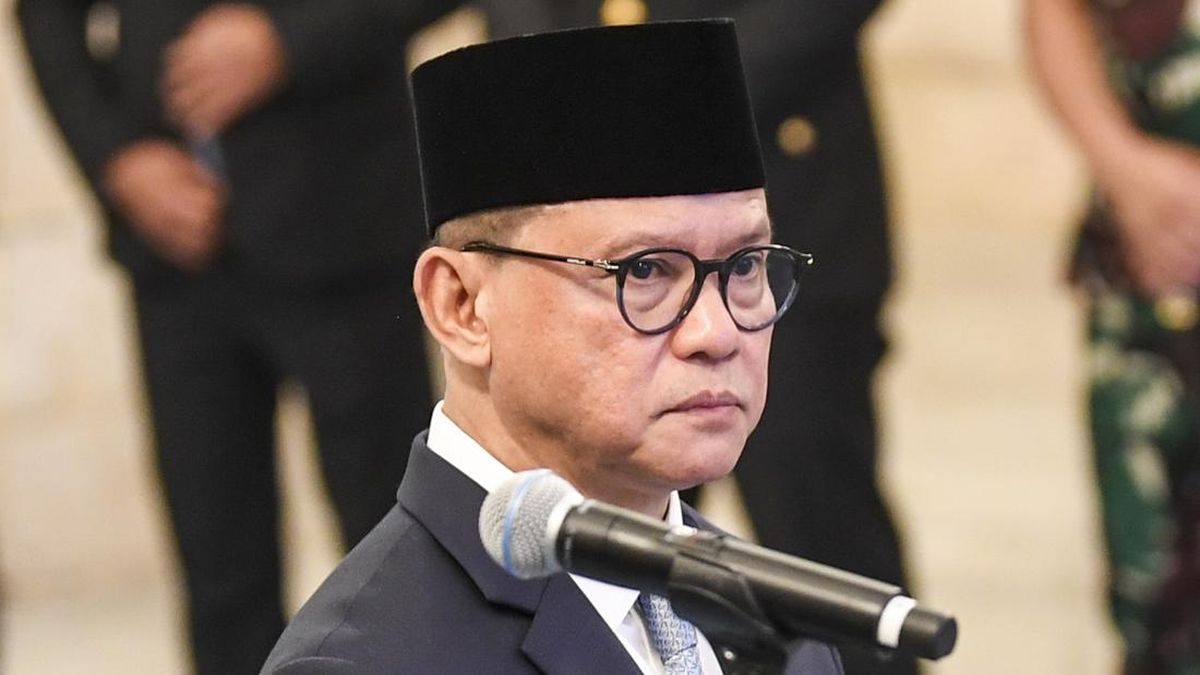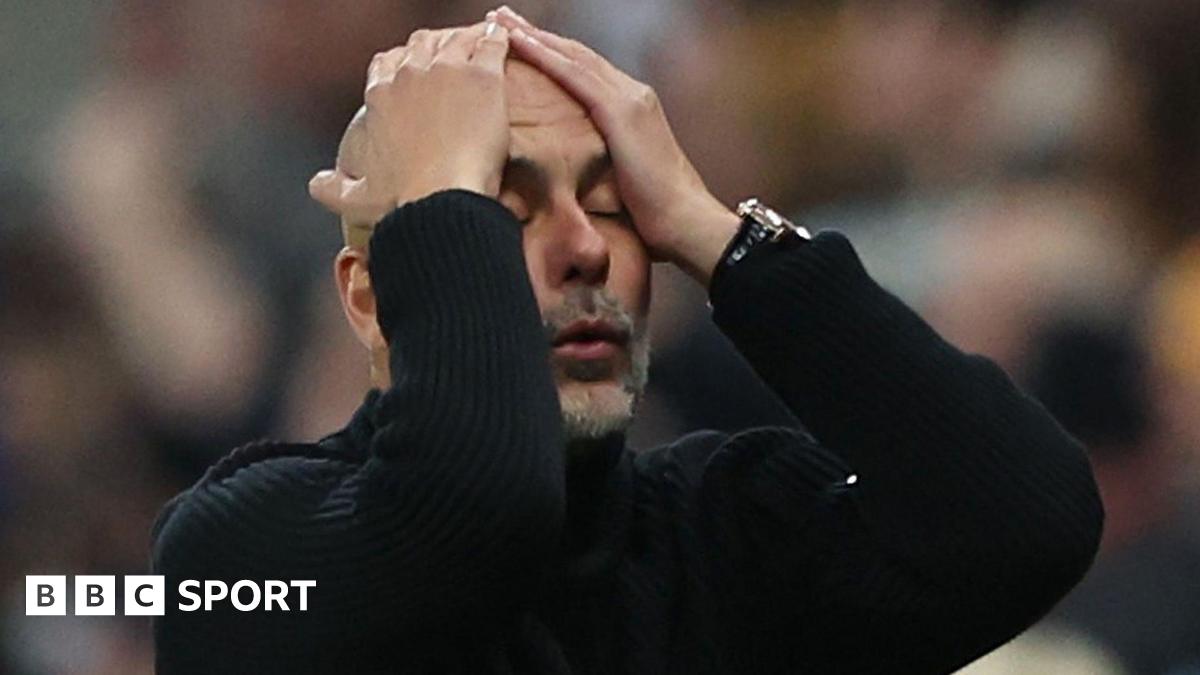The state’s racing regulator has mistakenly revealed the financial status of dozens of racehorse trainers, including high-profile names, in an email blunder that has highlighted concerns within the $3.3 billion industry about handing over private information.
Racing NSW has, for the first time, asked trainers to provide documentation such as tax assessments and company financials to demonstrate their ability to pay their bills after the business of Anthony Cummings, son of 12-time Melbourne Cup winner Bart, collapsed with debts of more than $2 million.

Racing NSW oversees an industry that employs nearly 30,000 people.
The statutory body, which oversees NSW’s vast thoroughbred racing industry, imposed the strict new re-licencing requirements to ensure trainers had the ability to pay creditors and staff and the resources to care properly for the horses they had in work.
Licences are renewed on a year-by-year basis, and the new demands have been received with unease by some trainers who have privately raised misgivings about how sensitive, personal details would be handled.
Those concerns have been underscored with a mass email sent by Racing NSW’s licensing department on Wednesday in which more than 100 trainers were copied in.
It did not disclose trainers’ exact financial positions but revealed that the information they had provided had not met a financial bar set by Racing NSW.
The recipients’ email addresses were listed for all of them to see, among them several group 1 winners and prominent racing figures, as well as operators of provincial and country stables.
“Upon review of the financial material provided, we note that your declared financial metrics fall below Racing NSW’s minimum financial threshold,” the email said.
“As part of our responsibility to ensure the welfare of racehorses and the ongoing viability of training operations, we require further evidence to demonstrate your ability to meet financial obligations as and when they fall due.”
The letter asked individual trainers to supply bank statements and other financial documentation if their income was “negligible or zero”, and trainers operating through a company to issue Racing NSW with supporting evidence of its solvency if its financials showed a loss or low income.
Racing NSW chief operating officer Graeme Hinton said the failure to blind copy email recipients was a clerical error, but “we don’t believe that anybody’s privacy was breached”.

Racehorses in action at Royal Randwick.Credit: Jenny Evans
“The email was clarifying that more information was needed and not advising of any final determination or judgment,” he said.
“We are requiring trainers to illustrate much greater financial resources as part of the licensing process as animal welfare is our top priority. This is to ensure horses are provided with the proper nutrition and feed and importantly have access to a vet if in pain.”
Hinton said it was also important that staff of trainers were paid appropriately and received their superannuation contributions.
“Unfortunately, some trainers don’t have the financial resources to meet these very serious obligations,” he said.
There was resistance from the NSW Trainers Association to members having to turn over personal financial information or risk losing their licences.
It proposed less invasive means for trainers to show they could meet their responsibilities and for more scrutiny to only be applied to those with a track record of financial problems.
But Racing NSW has insisted that tax assessments and company financials be filed, as well as a statutory declaration confirming a trainer’s financial health.
“I don’t think any of the trainers are enjoying it but there doesn’t seem to be another way,” said Rosehill-based Richard Freedman last week.
“If you want to keep your licence you have to submit it.”
Freedman was not a recipient of Wednesday’s mass email.
Many of the trainers who received it have subsequently provided the required information and their applications have been approved, Racing NSW said.
They had been granted a two-week extension from the initial due date of July 31.
Cummings, who followed his legendary father into the racing game, was stripped of his licence in February after his training company was placed into voluntary liquidation last year with debts including $1.3 million to the Australian Tax Office and $155,128 in superannuation due to employees.
Loading
His financial woes forced him to vacate the famous Leilani Lodge stables at Randwick, which the Cummings family had occupied for nearly half a century.
Racing NSW’s push to check trainers’ financial well-being comes as the Minns government has appointed former NSW Health Minister Brad Hazzard to lead a review of the almost three decade-old legislation which gives the industry regulator and commercial operator its powers.
The review follows last year’s Rosehill inquiry and has been established to determine whether the terms of the Thoroughbred Racing Act “remain appropriate to ensure the integrity and proper regulation of thoroughbred racing in NSW and support the industry’s development and sustainability”.
According to the review’s terms of reference, it will not reconsider Racing NSW’s independence from government or the industry’s funding model, under which $315 million flowed to the regulator from wagering in 2023-24.
An upper house parliamentary committee last year raised concerns about “allegations of illegal activity and other conduct” by Racing NSW and recommended a separate inquiry into the organisation.
Racing NSW chief executive Peter V’landys rejected the claims as baseless and a smear and labelled the committee’s decision politically motivated.
Most Viewed in National
Loading



